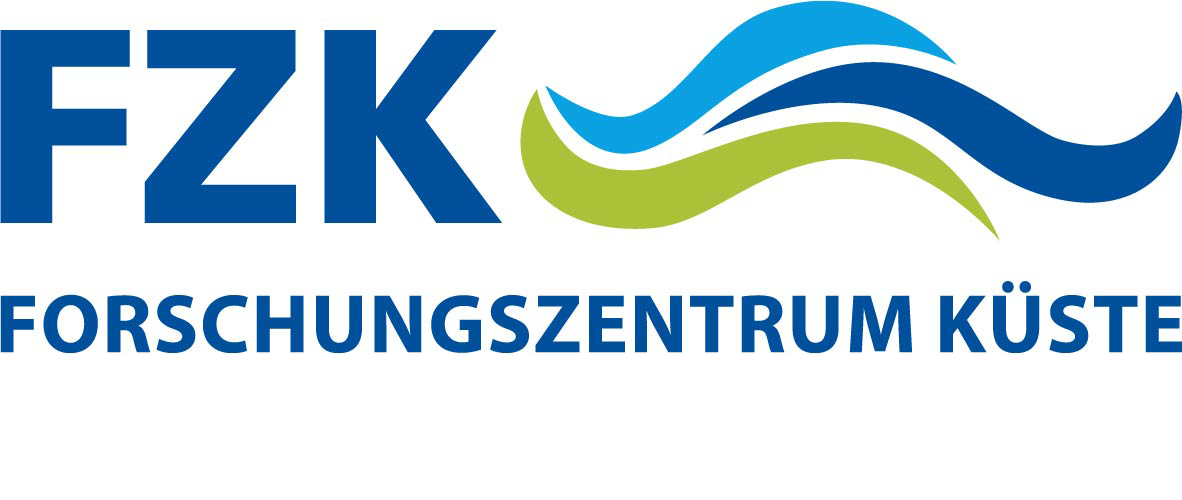Sedimenttransport
-
Dynamic Coastal Protection: Resilience of dynamic Revetments under Sea Level RiseUniversity of Bath; University of Plymouth; National Oceanography Centre, Liverpool; Delft University; LEGOS-IRD; TU Delft; Ghent University; Deltares; University of New South Wales; University of Queensland; University of Delaware;Leitung: Dr. Christopher BlenkinsoppJahr: 2017Förderung: HYDRALAB+ - Transnational AccessLaufzeit: 17.07.2017 - 29.09.2017
![]()
![]() © Forschungszentrum Küste
© Forschungszentrum Küste
-
Impact of Changes in the Foreshore on Coastal Defence PerformanceUniversity of Nottingham; University of Catania; UNESCO-IHE; University of Newcastle; University of Ghent; Flandres Hydraulic Research; University of Rome La Sapenzia; University of Genova;Leitung: Dr. Riccardo BrigantiJahr: 2016Förderung: HYDRALAB+ - Transnational AccessLaufzeit: 29.08.2016 - 18.11.2016
![]()
![]() © Forschungszentrum Küste
© Forschungszentrum Küste
-
STENCIL - Strategien und Werkzeuge für umweltfreundliche Sandaufspülungen als 'low-regret'-Maßnahmen unter Auswirkungen des KlimawandelsLeitung: Dr.-Ing. Stefan SchimmelsTeam:Jahr: 2016Förderung: Bundesministerium für Bildung und Forschung (BMBF, FKZ: 03F0761)Laufzeit: Oktober 2016 - September 2019
![]()
![]() © Forschungszentrum Küste
© Forschungszentrum Küste
-
WISE ExperimentsLeitung: Dr. Michalis VousdoukasJahr: 2014Förderung: HYDRALAB IV
![]()
![]() © Forschungszentrum Küste
© Forschungszentrum Küste
-
Long wave dynamics and statistics of the shoreline motion: influence of the asymmetry and nonlinearity of incoming wavesLaboratory of Wave Engineering, Institute of Cybernetics, Tallinn University of Technology, Tallinn, EstoniaLeitung: Dr. Ira DidenkulovaJahr: 2013Förderung: HYDRALAB IV - Transnational Access
-
Bed Shear Stress on Beach Sediment and Coastal Structures Under Wave Run-upUniversity of New South Wales, University of Bath, University of Queensland, University of DelawareLeitung: Dr. Chris BlenkinsoppJahr: 2013Förderung: Australian Research Council
![]()
![]() © Forschungszentrum Küste
© Forschungszentrum Küste
















